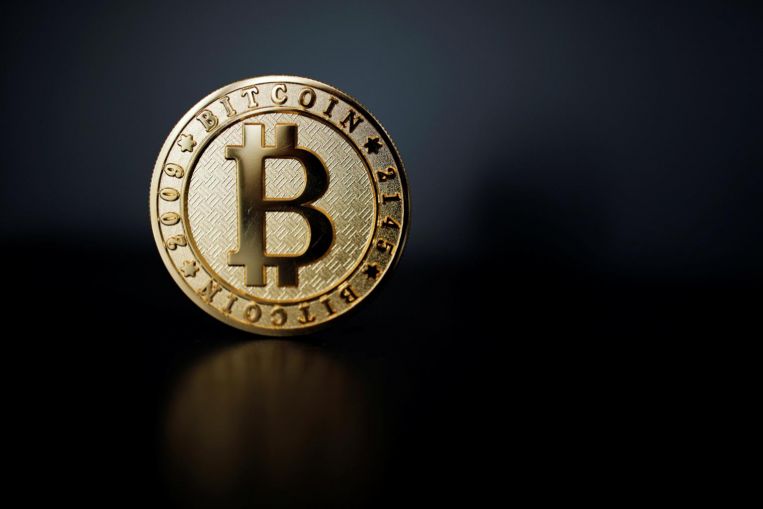“We are still closer to the 1900s than 1920s. There are serious challenges (e.g. depth, acceptance, custody etc). But cryptos & blockchain are the future.”
Why history matters
Is ‘history more or less bunk?’ It provides valuable lessons
- Henry Ford once said that “history is more or less bunk. It’s tradition. We don’t want tradition. We want to live in the present, and the only history that is worth a tinker’s damn is the history that we make today”. And yet, Ford was aware that he was making history, and his remarks were aimed at the orthodoxy.
- What has Henry Ford to do with bitcoins? In 1900 when he was experimenting with cars, there were around 2,000 car makers globally that were producing 10,000 vehicles (some powered by steam). However by 1920, the number of car makers shrunk to around 200, and the industry was manufacturing 2.5m cars and by the 1930s in most DMs, horses were dead and buggy makers were out of business. By the 1980s, the number of car makers dropped below 50 and the industry was making over 30m vehicles. Today, there are over 1,000 cryptocurrencies and their combined value (depending on time of day) is ~US$600-800bn, or ~1% of global money in circulation. Will cryptos follow the same trajectory as their early 20th century cousin and within a decade or so become the dominant force in transactions and store of value?
- The key that links cryptos with Henry Ford and the main difference between (say) bitcoin and tulips is that cryptocurrencies are based on sustainable and evolving technological foundations (just as cars were in the early 20th century). To argue that the blockchain is good but cryptos bad is to forget that without various forms of ledger balances (or cryptocurrencies), blockchain is an empty vessel. As in the case of the 17th century Dutch Tulip Mania, the growth of cryptocurrencies is also turbocharged by creeping monetary debasement. It is the marriage of technology and the perceived need for insurance that is likely to guarantee cryptos’ LT role, irrespective what the governments think.
Does it mean that cryptos are a reliable store of value?
Source/More: Henry Ford, Dot.com & Bitcoins | Zero Hedge















